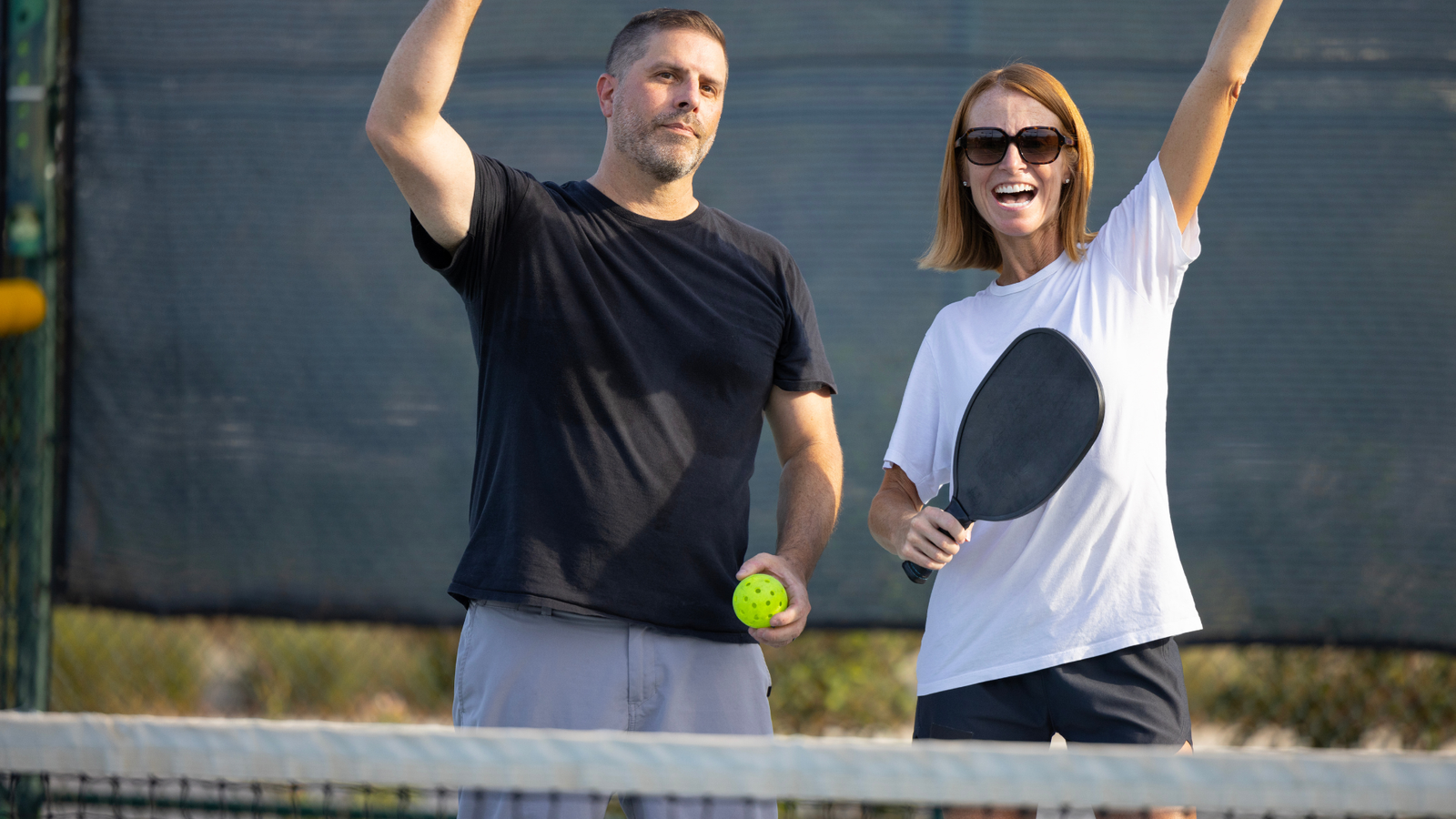
Mastering the Pickleball Tournament: A Comprehensive Guide for 3.0 Rated Players
As pickleball coaches, We’ve seen countless players rise through the ranks and compete in high-level tournaments. For a 3.0 rated player, preparing for an upcoming tournament is all about honing your existing skills and fine-tuning your strategy. In this comprehensive guide, we’ll share our insights on how you can elevate your game, focus on essential techniques, and develop a winning mindset to succeed in your next pickleball tournament.
- Set realistic goals
Before diving into your tournament preparations, take a moment to set realistic goals. Consider your current skill level and the level of competition you’ll face. Your goals could range from improving specific aspects of your game to simply enjoying the experience and learning from other players. By establishing clear objectives, you’ll have a solid foundation to build upon during your training.
- Develop a consistent training schedule
Consistency is key when it comes to improvement. Create a training schedule that works for you, accounting for your available time, energy, and commitment to the sport. Aim to train at least 3-4 times per week, striking a balance between physical conditioning, skill development, and strategy sessions. Make sure to include ample time for rest and recovery, as well.
- Focus on fundamental skills
As a 3.0 rated player, you already have a solid grasp of the basic pickleball techniques. However, there’s always room for improvement. Focus on refining the following fundamental skills:
- Serve: Develop a consistent, low, and deep serve that makes it difficult for your opponent to attack. Practice both power serves and soft serves, and experiment with different spin techniques to keep your opponents guessing.
- Return of serve: Work on your ability to return serves with precision and control. Aim to place your returns deep in the court, away from the opponent’s power zone.
- Third-shot drop: The third-shot drop is a crucial component of pickleball strategy, allowing you to transition from the baseline to the non-volley zone (NVZ). Practice hitting soft, arcing shots that land close to the net, forcing your opponents to hit upward.
- Dinking: Master the art of the dink by practicing soft, controlled shots that stay within the NVZ. Focus on placement, touch, and consistency, as well as anticipating your opponent’s dink attempts.
- Volley: Hone your volleying skills by practicing quick reflexes and maintaining a strong, firm grip on your paddle. Work on your positioning, footwork, and decision-making, knowing when to let a ball bounce and when to take it out of the air.
- Improve physical fitness
Pickleball requires a combination of speed, agility, endurance, and strength. Prioritize physical conditioning as part of your training regimen:
- Cardiovascular exercises: Incorporate regular cardiovascular exercises such as running, cycling, or swimming to build your stamina and endurance.
- Strength training: Focus on developing your core, upper body, and lower body strength. Incorporate exercises like squats, lunges, push-ups, and planks into your routine.
- Flexibility and balance: Enhance your flexibility and balance through dynamic stretching, yoga, or Pilates. These exercises will improve your range of motion and help prevent injuries.
- Agility and footwork: Practice agility drills like ladder exercises, cone drills, and side-to-side shuffles to boost your quickness and reaction time on the court.
- Master the mental game
Mental toughness is a vital aspect of any sport, including pickleball. Work on developing a strong mental game by:
- Staying focused: Learn to maintain your concentration throughout each point, regardless of distractions or external pressures.
- Embracing pressure: Accept that pressure is a natural part of competition and use it to fuel your performance. Develop coping strategies, such as deep breathing exercises or positive self-talk, to help you stay calm and composed under pressure.
- Building confidence: Believe in your abilities and trust your training. Visualize yourself executing the perfect shot or winning a crucial point, and carry that confidence onto the court.
- Developing resilience: Learn to bounce back from setbacks and maintain a positive attitude, even when things don’t go your way. Remember that every point is an opportunity to start fresh.
- Analyze your opponents
Studying your opponents’ strengths and weaknesses can give you a competitive edge. Watch videos of their previous matches, or if possible, observe them in person during practice sessions or earlier tournament rounds. Take note of their playing style, shot selection, and tendencies. Use this information to develop a game plan that exploits their weaknesses and neutralizes their strengths.
- Fine-tune your equipment
Ensure that your paddle and other equipment are in top condition before the tournament. Familiarize yourself with the tournament ball type and make any necessary adjustments to your game. If you’re considering a new paddle, give yourself ample time to get accustomed to it during practice sessions.
- Practice with a variety of partners
Playing with different partners exposes you to diverse playing styles and strategies, helping you adapt and grow as a player. Seek out practice partners with varying skill levels and styles, and challenge yourself to adjust your game accordingly.
- Participate in practice matches and local tournaments
Competing in practice matches and local tournaments can provide valuable experience and help you gauge your progress. These opportunities also allow you to practice implementing your game plan, managing nerves, and executing under pressure.
- Take care of yourself off the court
Lastly, prioritize self-care and maintain a healthy lifestyle leading up to the tournament. Get adequate sleep, eat a balanced diet, and stay hydrated. Listen to your body and make any necessary adjustments to your training schedule if you feel fatigued or experience any discomfort.
By following these steps, you’ll be well-prepared for your upcoming pickleball tournament. Remember to stay focused, trust your training, and most importantly, enjoy the experience. With dedication, perseverance, and a positive attitude, you’ll be well on your way to achieving your tournament goals and elevating your pickleball game.
